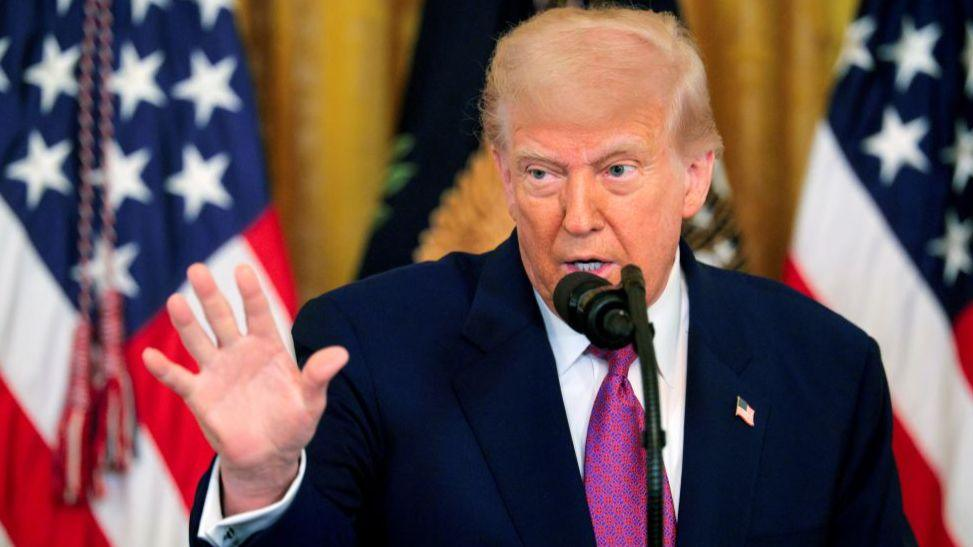In a surprising announcement that sparked widespread local and international reactions, former U.S. President Donald Trump declared via his "Truth Social" platform that Israel and Iran have reached a “full and comprehensive” ceasefire agreement. Although neither country has officially confirmed the deal, the announcement indicates that the ceasefire is set to begin within hours, following a phased plan aimed at ending the intense “12-day war” that escalated dramatically across the region.
According to reports from ABC News and CBS, the plan involves Iran halting its fire first, followed by a commitment from Israel 12 hours later. A formal declaration of ceasefire is expected 24 hours after the mutual de-escalation begins. However, uncertainty still surrounds the details of the mediation and Trump’s role in it especially after he denied being directly involved, despite French statements suggesting he left the G7 summit to facilitate the negotiations.
While the announcement carries strong political undertones positioning Trump once again as an international “deal-maker” the most immediate impact was seen in the financial markets. Oil prices dipped slightly following the news, while U.S. stock futures, particularly the S&P 500, experienced a notable rise. Investors appeared to respond positively to the possibility of reduced geopolitical risk in one of the world’s most volatile energy regions.
This slight drop in oil prices reflects a short-term optimism that the conflict, which had threatened global oil supply routes, might be contained without spiraling into a broader catastrophe. In recent days, Israeli airstrikes targeted Iranian nuclear facilities, prompting Iran to retaliate with hundreds of rockets and drones and placing markets on edge and raising fears of further escalation, potentially involving regional allies.
From an economic standpoint, the ceasefire could bring more than just a pause in human and infrastructural damage. It carries direct implications for global supply chains, fuel prices, and investor sentiment. Continued escalation would have meant higher shipping costs, disrupted production for multinational firms, and a spike in demand for safe-haven assets like gold.
Politically, many analysts interpret Trump’s move as part of a broader strategy to reassert himself as a decisive leader capable of breaking international deadlocks — a narrative that holds weight as he eyes a potential return in the upcoming U.S. elections. Geographically, if the ceasefire holds, it could offer a temporary breather for the region, though deep-rooted tensions suggest that a lasting peace remains elusive.
Whether this announcement proves to be the result of genuine diplomacy or a calculated political maneuver, it marks a pivotal moment for global markets and diplomacy alike. It opens a narrow window of hope for de-escalation even if only temporary in a region that has long been a flashpoint for sudden flare-ups and far-reaching consequences.
Source: BBC
